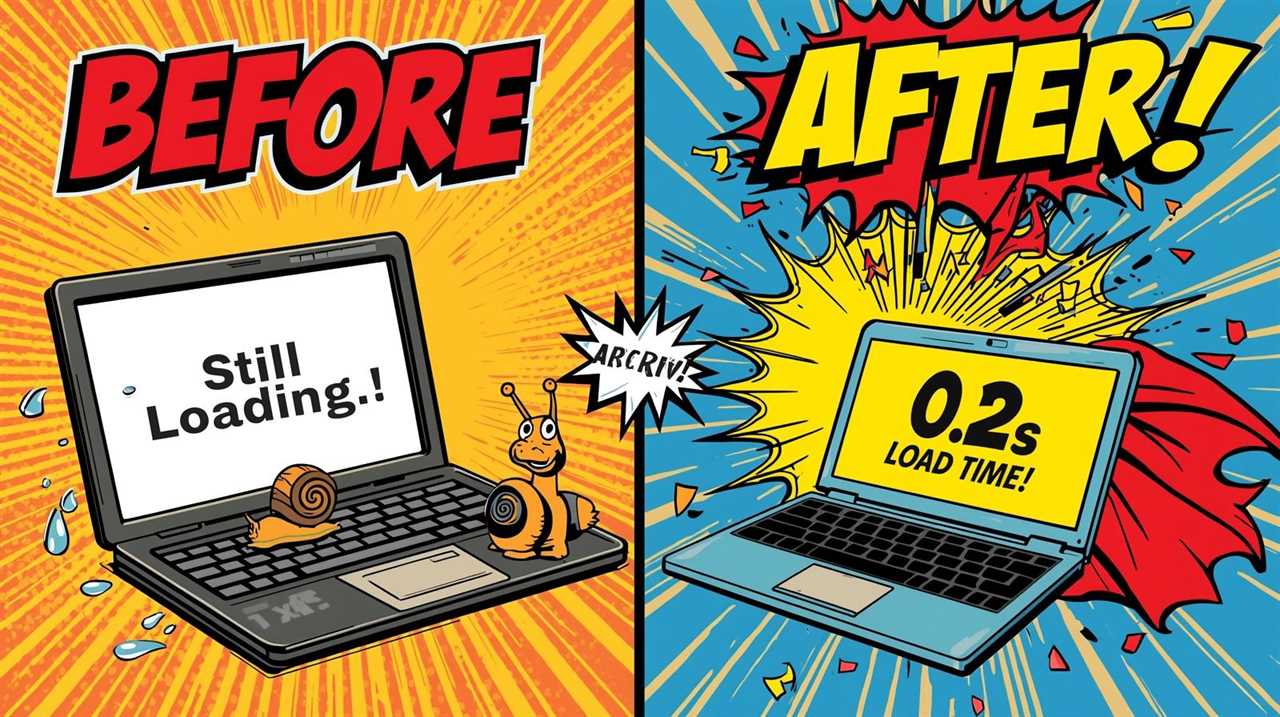
You’ve seen it happen — you click a link, wait… and wait… and before the page even loads, you’re gone. So is your potential customer.
For small-business owners, slow website load times feel like a minor technical annoyance. But in reality? They’re a silent SEO killer that quietly steals rankings, traffic, and revenue.
Most business owners don’t realize their site is losing visitors before the content even has a chance to be seen.
Is your website secretly sabotaging your SEO without you knowing it?
Why Speed Matters More Than Ever
Site performance is no longer optional — it’s a ranking factor, a user-experience factor, and a revenue factor.
According to Google’s own research, 53% of mobile users abandon a website that takes longer than 3 seconds to load. And a performance study by Deloitte found that improving site speed by just 0.1 seconds can increase conversions by up to 8%.
Slow pages damage SEO because they increase:
- Bounce rates
- Time-to-first-interaction
- Crawl inefficiency
- User frustration
And with Google pushing deeper into AI-generated summaries and multimodal search, speed has become a baseline requirement. To remain visible in these new search formats, technical health matters more than ever. Learn how to align your site with Google’s new AI expectations:
👉 Optimize for AI Overviews and Multimodal Search
How Slow Speed Hurts Rankings
Slow load times trigger a domino effect inside Google’s algorithm.
1. Core Web Vitals take a hit
- LCP (Largest Contentful Paint) slows
- FID (First Input Delay) drags
- CLS (Cumulative Layout Shift) becomes unstable
These signals tell Google your site provides a poor experience.
2. Users bounce instantly
Multiple studies confirm that every additional second of load delay reduces conversions — one analysis found a 7% drop in conversions per second of delay.
3. AI systems deprioritize your pages
Google’s newest generative features only surface pages that are:
- High-authority
- Well-structured
- Fast
A slow site simply won’t make the cut.
Common Causes of Slow Websites
If your site is dragging, chances are you’re facing one or more of these speed killers:
- Heavy, uncompressed images
- Bloated WordPress themes
- Cheap shared hosting
- Too many outdated plugins
- Server response delays
- No CDN
- Poor mobile optimization
Google’s direction toward AI-enhanced indexing only amplifies these issues. Modern SEO demands speed-first architecture, a concept explored here:
👉 SEO Strategies 2025: How to Win in a Changing Search Landscape
Quick Wins to Speed Up Any Website (With Tools & Prices)
Here are practical fixes you can implement immediately:
✅ 1. Compress and Optimize Images
Optimole
- Price: Free tier; paid plans available
- Features: Auto-resizing, cloud image processing, global CDN
- Link: https://optimole.com/pricing/
Kraken.io
- Price: Micro $5/mo · Basic $9/mo · Advanced $19/mo
- Features: Bulk compression, WebP conversion, API access
- Link: https://kraken.io
✅ 2. Use a CDN (Content Delivery Network)
Bunny.net
- Price: $1/month minimum
- Features: Fast global edge servers, pay-as-you-go bandwidth, great for small sites
- Link: https://bunny.net/pricing/
Azure CDN
- Price: ~$0.081/GB for first 10TB
- Features: Enterprise performance, global PoPs, great for scaling
- Link: https://azure.microsoft.com/en-us/pricing/details/cdn/
✅ 3. Upgrade Your Hosting
ScalaHosting
- Price: From $1.48/month
- Features: NVMe SSD drives, reliable uptime, excellent support
- Link: https://www.scalahosting.com/web-hosting-for-small-business.html
A hosting upgrade alone can cut your load time in half.
✔ Other Quick Wins
- Minify JavaScript/CSS
- Remove unused plugins
- Use next-gen images (WebP)
- Enable browser caching
- Improve mobile-first layout
Speed isn’t a bonus — it’s the foundation of modern SEO.
The Future Belongs to the Fast, Not the Flashy

Slow websites don’t just frustrate your visitors — they erase your visibility before you even get a chance to compete. But here’s the advantage small businesses now have:
You don’t need a developer… you just need faster, smarter website systems.
More and more business owners are turning to streamlined site frameworks that load quickly, publish cleanly, and stay optimized automatically — like this fast-loading content-ready system built for discoverability.
Because in the race for rankings…
🚀 You don’t need to outspend big brands — you only need to outrun their load times.
🎥 Watch This Before You Publish Anything
📚 Sources
Deloitte Digital & Google. (2019). Milliseconds make millions.
https://web.dev/case-studies/milliseconds-make-millions/
Google. (2017). Find out how you stack up to new industry benchmarks for mobile page speed.
https://www.thinkwithgoogle.com/consumer-insights/consumer-trends/mobile-site-load-time-statistics/
Neil Patel Digital. (n.d.). How website speed affects conversion rates.
https://neilpatel.com/blog/loading-time/






